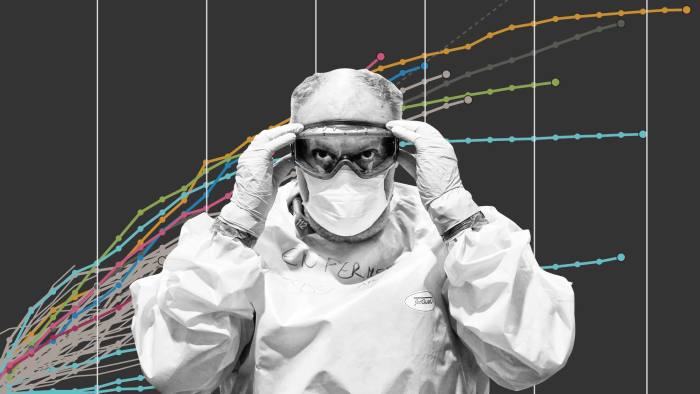
The recent news that the American president has been infected by coronavirus immediately sparked a rush of fake news on social media. Some bloggers claimed to know it was absolutely untrue and a clever conspiracy by Trump’s allies to keep him from opening his mouth for a few weeks and thus enabling him to win the November election.
But others said that Trump’s enemies, knowing that the president is both old and overweight, had hired a super-spreader to sneeze at the right moment …and bingo! These made-up stories, none the less, have already scored many tens of thousands of hits worldwide. And it’s the number of hits that matters, and not the content, as any new technology kid will affirm.
Thailand appears to have suffered less than most countries from coronavirus-related fake news. Part of the explanation is likely because the authorities here have managed the pandemic issues well and almost all cases in recent months have been restricted to quarantine arrivals and not community transmission. As a result, the whole subject is not so much the obsession that may be found in badly-hit countries. In Brazil for example, a recent survey suggested that 65 percent of the population believes that most coffins being lowered into the earth are filled with stones and not bodies.

The other half of the explanation in Thailand is that, as early as February 2020, the Thai government established an anti-fake news center as well as a taskforce of the Digital Economy and Society Ministry to check social media sites and to launch prosecutions through the Technology Crime Suppression Division attached to police stations. To date, over 150 individuals have been fined or jailed, or both, for spreading health-related misinformation on the internet. Meanwhile, a ministry spokesman said that over 20,000 cases of fake news – mostly virus related – had been reported. He added that the problems associated with fake news were rising.
The principal law being used in these cases is the Computer Crimes Act which critics say has moved from its original purpose of tackling crimes such as phishing and internet scams to charging people with defamation. In particular, a phrase making “false information” illegal has been used to arrest a wide variety of offenders from fake news writers to political activists. Indeed, the Computer Crimes Act, whose usage for court cases has been widely reported in the press, has probably had a dampening effect on internet freedom of expression in the country as a whole.
A review of prosecuted cases involving Covid-19 and fake news suggests that most were individuals wanting to sell or promote anti-virus medication including cloves of garlic, ginger and honey. A Banglamung woman was charged with offering for sale bottles of “stomach medicine” which would kill the virus in the digestive tract. It turned out the liquid was salt water with onion juice. A Bangkok man was arrested for sending out emails promising to identify all the persons in your area who were hospitalized with the disease. Those who paid the 2,000 baht into his online bank account did not receive the courtesy of a reply.

A more unusual case was a group in Pattaya accused of writing on Facebook that the Thai government’s scheme to pay a 5,000 baht handout to some poor citizens was in reality a cruel device to identify the bank accounts of individuals who owed back taxes or unpaid traffic fines. Two foreigners from Nigeria appeared in Pattaya court after being accused of advertising on Twitter that they could arrange to do the shopping of people unable or unwilling to go out. This was non-delivery shopping to be sure. They also pleaded guilty to a charge of spreading fake news that wearing face masks is dangerous as it blocks the oxygen supply.
A widely-hit fake news story, still going the rounds on social media sites popular in Pattaya, is the idea that 5G towers have been spreading the virus through microwaves. Not to mention the doubtful claim that Bill Gates is planning to obtain Covid-19 vaccines to implant microchips into seven million people worldwide. The biggest problem for the authorities is that many people want to read or hear only what they already think they know. That’s life.
Fake news, of course, is hardly new. In April 1912 the West Lancashire Gazette’s headline was “All saved after Titanic hits iceberg, but Blackpool man hurts arm in sea accident.” Fake news is a virus. Best not to spread it.




